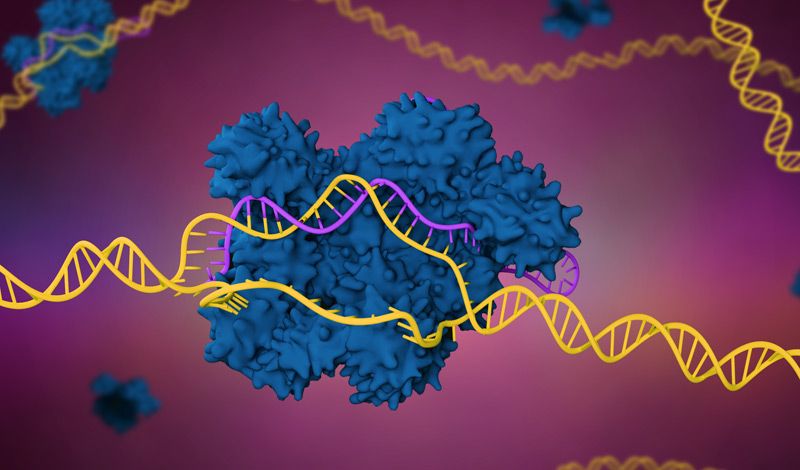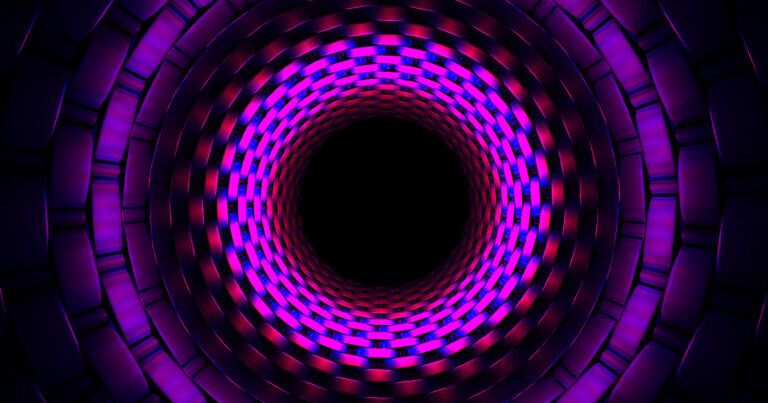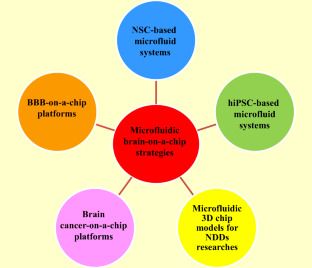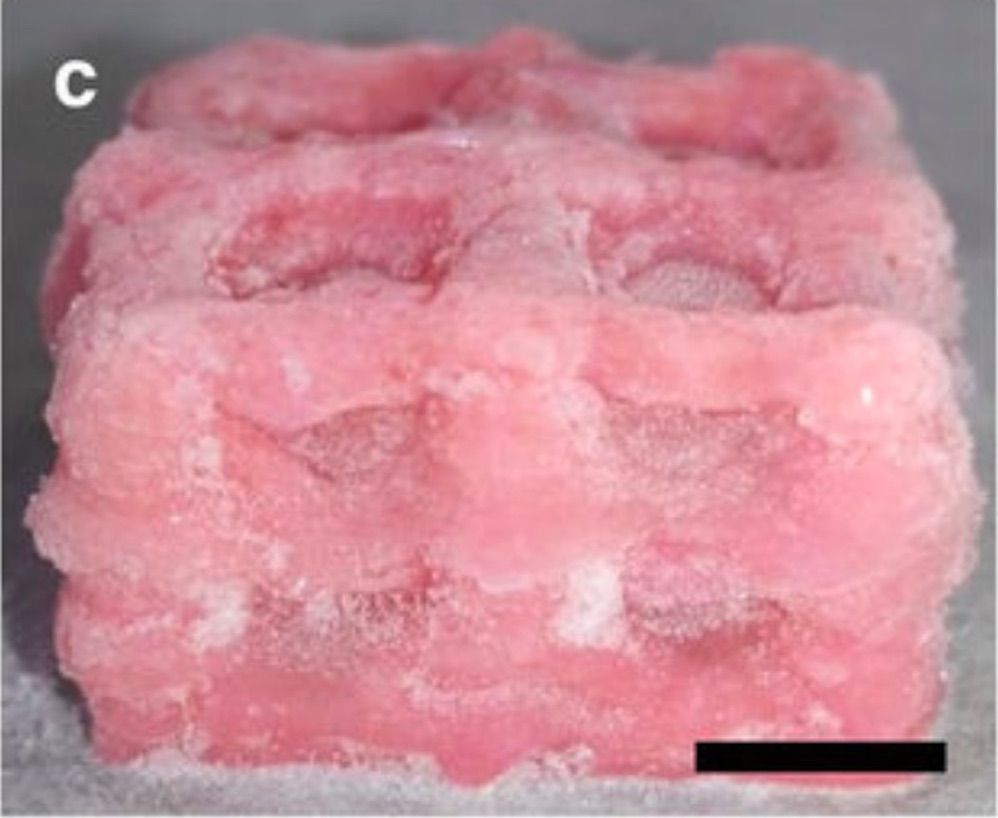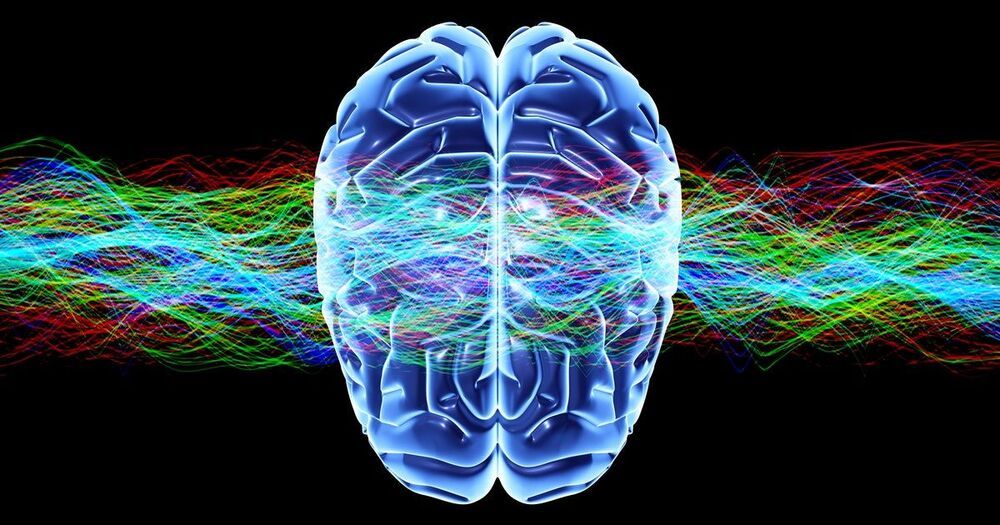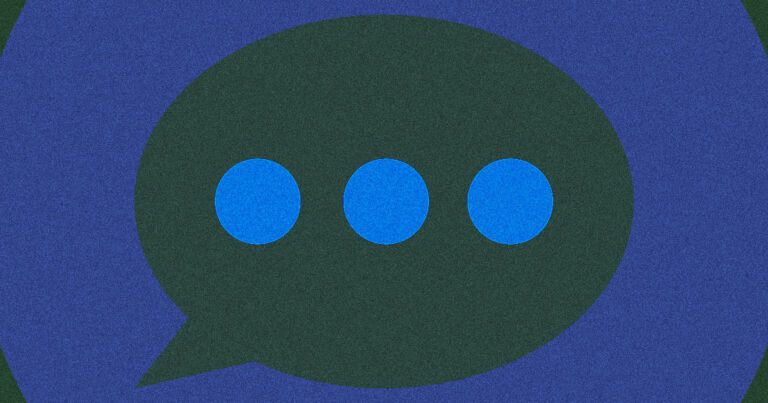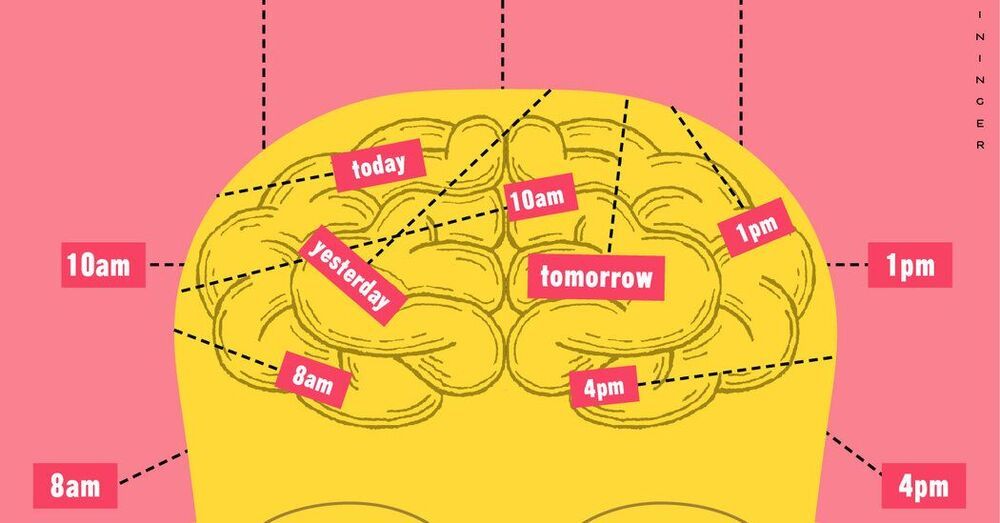Important that people read this given how much this spread.
If you have been following the mainstream media recently, you have probably seen a story about hyperbaric oxygen treatment and claims that it can reverse aging. Unfortunately, the media hype surrounding the results is nothing like the reality of the actual research paper, and this is another example of how shoddy journalism harms our field.
Welcome to the media circus
Back in July, we talked about how hyperbaric oxygen therapy may reduce age-related cognitive decline in older people, which was based on the results of another study. A new publication from the same team of Israeli scientists led by Prof. Shai Efrati has further explored these original findings, and while the results are interesting, the media hype and marketing surrounding those results is frankly ridiculous and entirely unwarranted.

